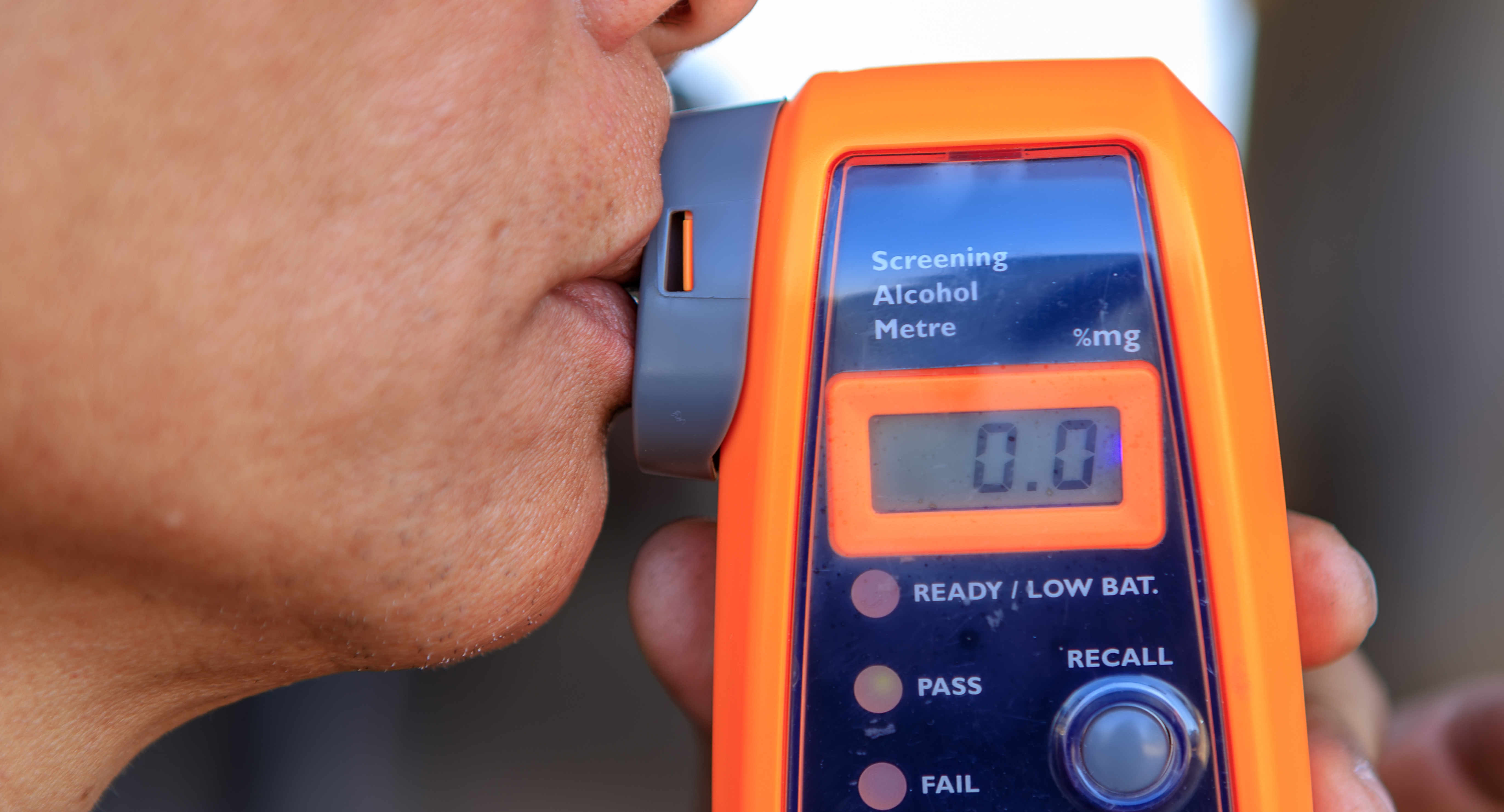Failure to appear for a mandatory legal proceeding in Texas can lead to additional criminal charges and penalties beyond what you’re already facing for your original crime. Unless you have a true emergency, you should never miss a court date. If you fail to appear in court for any reason, you may be able to have the charge dismissed with the help of an experienced attorney.
Can you get Failure to Appear Dismissed? The short answer is yes – we get FTA charges dismissed all the time.
Failure to Appear (FTA) Explained
Failure to appear (FTA) or “bail jumping,” occurs when an individual fails to show up for a court hearing, as per the requirements of bail, probation or a summons. If convicted, persons found guilty of failure to appear can face additional fines and incarceration.
Classified as either a misdemeanor or felony conviction, the penalties for FTAs vary depending on the severity and classification of the original crime for which the hearing was mandated.
Failure to Appear in the Texas Penal Code
According to the Texas Penal Code, Title 8, Chapter 38, an FTA is considered an offense against public administration and an obstruction of governmental operations. Section 38.10 defines the offense in the following manner:
BAIL JUMPING AND FAILURE TO APPEAR. (a) A person lawfully released from custody, with or without bail, on condition that he subsequently appear commits an offense if he intentionally or knowingly fails to appear in accordance with the terms of his release.
(b) It is a defense to prosecution under this section that the appearance was incident to community supervision, parole, or an intermittent sentence.
(c) It is a defense to prosecution under this section that the actor had a reasonable excuse for his failure to appear in accordance with the terms of his release.
Firstly, this means that one’s failure to appear is only considered a crime when it was intentionally or knowingly committed. Secondly, the court hearing needs to be part of probation, parole or an intermittent sentence to one’s crime. Finally, the State will not classify one’s failure to appear if the judge deems the excuse reasonable.

Penalties for Failure to Appear in Texas
When convicted of bail jumping or failure to appear in Texas, it is labeled and punished as a Class A Misdemeanor, bearing a maximum possible fine of up to $4,000 and up to one year in jail, unless the offense falls into one of these two following categories.
- The original offense is only a Class C Misdemeanor, carrying a maximum fine of up to $500. If the initial crime was only punishable by a fine, as in the case of a traffic ticket or other municipal offense, the only allowable punishment for failing to appear in court would be another municipal offense-level punishment (additional fines etc.).
- Failure to appear can be punished as a Third Degree Felony if the original offense was classified as a felony. This is punishable by a maximum possible fine of up to $10,000 and time in prison for up to 10 years.
The judge can also order a forfeiture of the bond. This means that the bond agent would lose their deposit and turn the debt over to the defendant.
Effective Defense Strategies for Failure to Appear
Most defense strategies for failure to appear revolve around having a “reasonable excuse” for one’s inability to appear in court. As mentioned above, the list of justifiable reasons is slim. Reasons that a judge is not likely to accept include:
- Mild to moderate illness
- Work
- Family or other personal commitment
- Attending an event
- Most car trouble or transportation issues
- Overslept
- Running late
- Forgetting about the hearing
Very few acceptable reasons for failure to appear exist. The defendant must have a valid excuse and be able to prove it. A few of these reasons include the following:
- Medical or family emergency (not mild to moderate illness)
- Death in the family
- The individual was not properly notified of the hearing
- The defendant’s lawyer has withdrawn
- Automobile accident
- The defendant was detained against their will – by kidnapping or suffering as the victim of another serious crime
Judges will also sometimes show favor to those who miss a court date because certain pre-existing conditions of their probation or parole prevent them from appearing in court without being guilty of additional offenses.
For example, the defendant may have a scheduled parole or probation officer meeting, a community service appointment, drug testing or some other condition of their release that conflicts with their court appearance.
Judges sometimes hold individuals guilty of failure to appear responsible for the costs associated with “impaneling the jury.” Assembling a jury takes time, money and other resources. A failure to appear may result in the defendant being shackled with the cost of these activities. However, if the defendant and their attorney can prove a reasonable excuse existed, the judge may dismiss this penalty.

The Best Strategy if You Failed to Appear in Texas
When a defendant fails to appear in court, the presiding judge can issue a bench warrant authorizing law enforcement to arrest the individual from anywhere at any time. This includes being taken into custody at home, at work, in school, during a routine traffic stop or while attending an event or social gathering.
If the defendant misses a mandated court appointment and the judge issues a bench warrant for their arrest, the most important thing they can do is to call an experienced attorney immediately. Sometimes, they can contact the court and arrange for the defendant to appear before a judge instead of being arrested. Attorneys will prepare the best defense possible for every charge leveled against their client.
Attorneys understand the court system, the way probation officers function, the many rules involved and often know several judges personally. Their resources and affiliations can go a long way toward lowering the charges or getting them dismissed completely.
Failure to appear in court is a serious matter, one that carries additional penalties and a worsening of your permanent record, which is something that can affect other professional and personal opportunities in life. The only way to properly defend yourself against the consequences of a failure to appear charge is to hire a lawyer with a proven history of helping individuals in situations just like yours.
Sources
State of Texas
Penal Code
Title 8. Offenses Against Public Administration
Chapter 38. Obstructing Governmental Operation
Nolo
How to Handle a Bench Warrant or Failure to Appear in Texas
Lauren Baldwin, contributing author
Updated May 16, 2023
Texas Law Help
Class-C and Fine Only Misdemeanors
https://texaslawhelp.org/article/class-c-and-fine-only-misdemeanors-ticket-help-texas
Legal Match
Failure to Appear (FTA) in Court: Charge and Consequence
https://www.legalmatch.com/law-library/article/failure-to-appear-in-court.html
Travis County Sheriff’s Office
Bond Info




